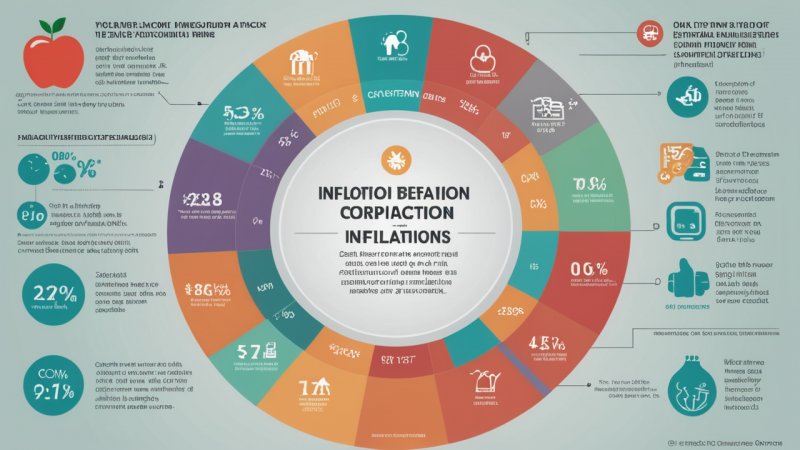What is inflation?
Inflation is the rate at which the general level of prices for goods and services is rising, subsequently eroding purchasing power. It is measured by the Consumer Price Index (CPI) and can be influenced by various factors including supply and demand dynamics, monetary policy, and global economic conditions.
How does inflation affect consumer behavior?
Inflation impacts consumer behavior primarily by altering purchasing power. As prices rise, consumers may adjust their spending habits, often prioritizing essential goods and services over luxury items. This shift can lead to decreased overall consumption, affecting businesses reliant on discretionary spending.
What strategies do businesses use to cope with inflation?
To manage the effects of inflation, businesses may implement several strategies:
- Cost-Pass-Through: Businesses may increase prices to maintain profit margins.
- Efficiency Improvements: Companies often look for ways to reduce costs through improved operational efficiencies.
- Product Differentiation: By enhancing the perceived value of their products, businesses can justify higher prices to consumers.
How does inflation impact pricing strategies?
Inflation can lead businesses to reconsider their pricing strategies. They may adopt dynamic pricing models that adjust prices based on current market conditions or implement tiered pricing structures to cater to different consumer segments.
Are there specific sectors more affected by inflation?
Yes, certain sectors are more sensitive to inflation. For example:
- Consumer Goods: Essential items may see consistent demand, but luxury goods often suffer as consumers cut back.
- Real Estate: Higher inflation can lead to increased interest rates, impacting mortgage rates and housing demand.
- Travel and Leisure: As prices rise, consumers may opt for less expensive vacation options or delay travel plans.
What role does monetary policy play in inflation?
Monetary policy, controlled by central banks, plays a critical role in managing inflation. By adjusting interest rates and controlling the money supply, central banks aim to stabilize prices. For instance, raising interest rates can help cool an overheating economy and curb inflation.
How do consumers adapt to rising inflation?
Consumers adapt to rising inflation by altering their purchasing decisions. This can include:
- Buying in Bulk: To save costs, consumers may purchase larger quantities of essential items.
- Seeking Discounts: Shoppers may become more price-sensitive, looking for sales and discounts.
- Switching Brands: Consumers might opt for generic or lower-cost brands to manage their budgets.
What are the long-term implications of sustained inflation?
Sustained inflation can lead to several long-term implications, including:
- Wage Adjustments: Workers may demand higher wages to keep up with rising living costs.
- Investment Decisions: Businesses may become hesitant to invest in growth due to uncertainty in the economic landscape.
- Economic Inequality: Those on fixed incomes may struggle more than others, exacerbating economic disparities.
How can consumers protect themselves from inflation?
Consumers can protect themselves from inflation through various strategies:
- Investing Wisely: Investing in assets that typically outpace inflation, such as stocks or real estate, can help preserve wealth.
- Budgeting: Creating a detailed budget can help consumers manage their expenses more effectively during inflationary periods.
- Emergency Savings: Building an emergency fund can provide a financial cushion against rising prices.






